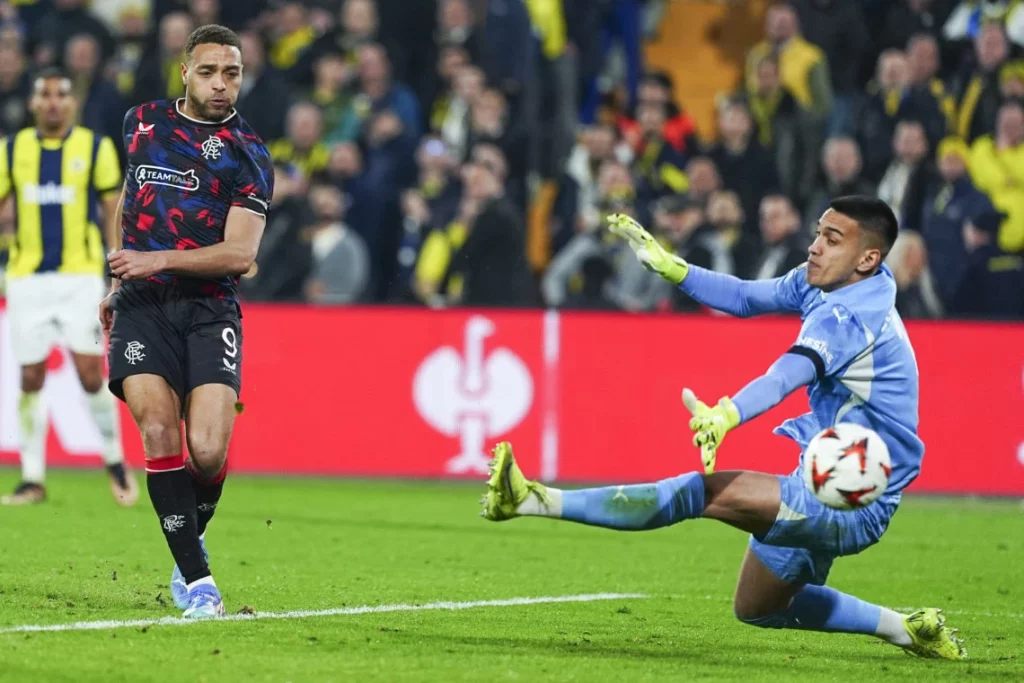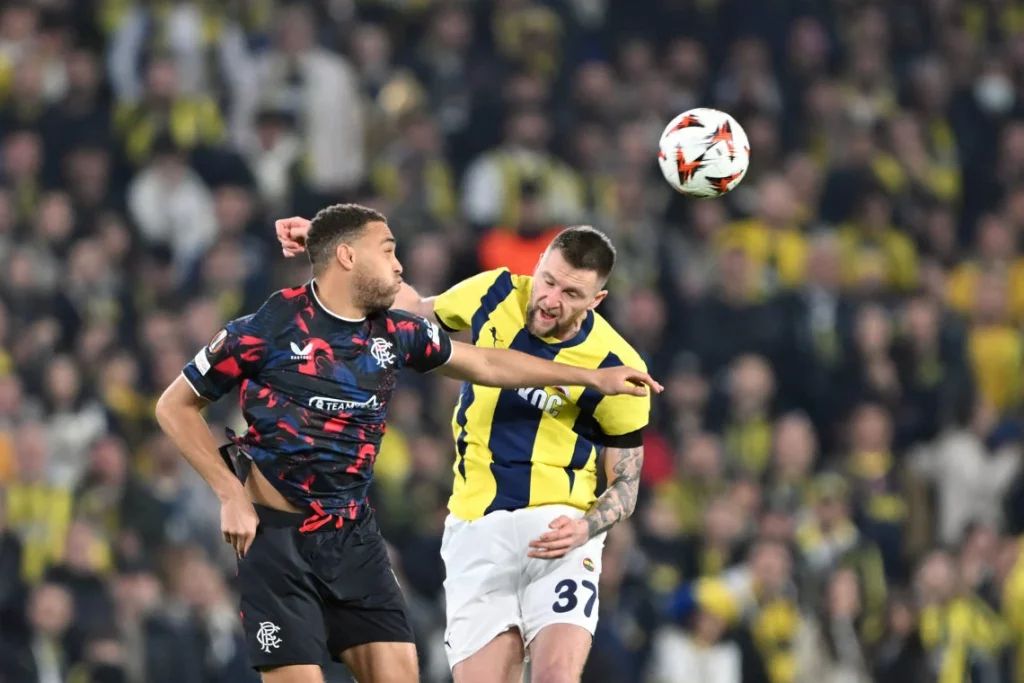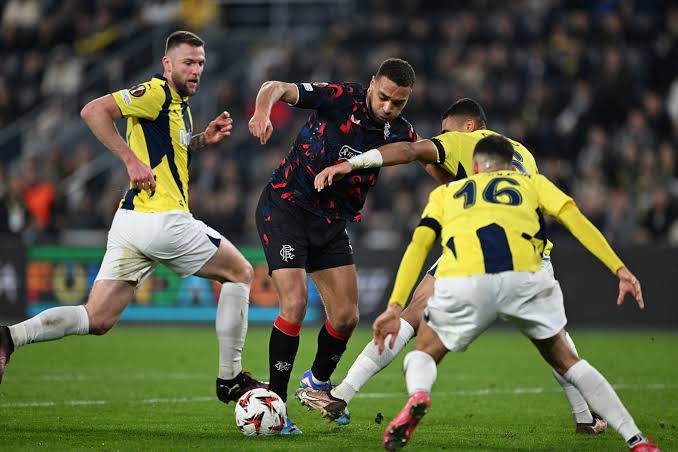Under Steven Gerrard’s guidance at Rangers, much emphasis was placed on the importance of experienced players like Allan McGregor, Steven Davis, and Scott Arfield within the dressing room. These seasoned professionals were known for their dedication, consistently being the first to arrive at Auchenhowie every day and the last to leave. Their work ethic and leadership qualities set the bar high for the rest of the team, showcasing the type of mentality required to succeed at the highest levels of the game.

Arfield’s continued success at Falkirk, along with McGregor and Davis’ stellar performances over the years, exemplify the impact that such players can have on a squad. Their professionalism and commitment to excellence serve as an inspiration for younger players looking to make their mark in the sport. However, as the football landscape evolves, the need for mentors and role models within a team becomes increasingly crucial.

Vander Elst, a respected figure in Belgian football who has worked as both a coach and technical director, believes that Cyriel Dessers possesses the qualities needed to fill the mentorship role at Rangers. Dessers, who recently notched his 45th goal for the club in 100 appearances, has been praised by Elst for his dedication, work ethic, and positive influence on the team. Elst’s endorsement of Dessers as a role model for young players underscores the importance of having strong leadership within a squad.
Reflecting on past experiences, Elst recalls the struggles faced by Dessers at his first club, Leuven, where he initially had difficulty securing a contract and earning playing time. Despite these challenges, Dessers persevered and eventually caught the attention of other clubs due to his potential and talent. His journey serves as a reminder of the importance of giving young players opportunities to shine and realizing their full potential.

Similarly, the story of Robbie Ure, a promising young talent at Rangers, highlights the need for clubs to trust in their youth and provide them with the platform to succeed. While Ure showed glimpses of his potential in his early appearances, he was not given consistent opportunities to develop and showcase his skills. The case of Ure, along with Dessers’ journey, emphasizes the significance of nurturing young talent and giving them the chance to prove themselves on the big stage.
In conclusion, the success of players like Dessers and the potential of talents like Ure underscore the importance of mentorship, trust in youth, and the value of experienced professionals within a team. By fostering a culture of support, guidance, and opportunity, clubs can help young players realize their dreams and reach their full potential, ultimately benefiting both the team and the individual players themselves.



